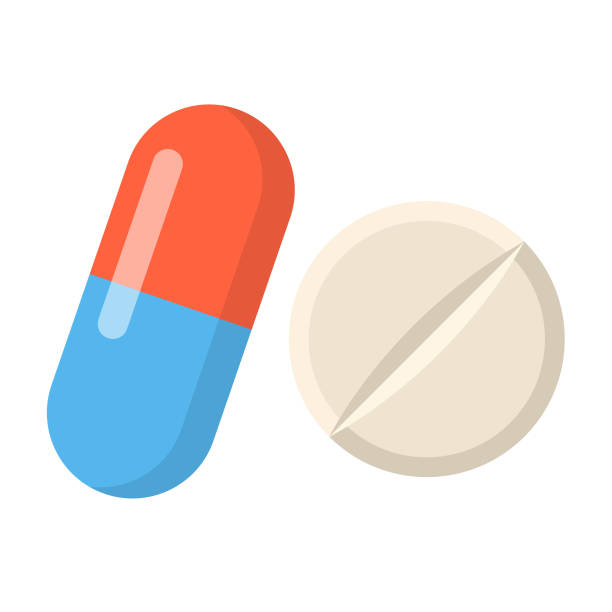Indications
Congestive heart failure after an acute myocardial infarction, Hypertension.
Pharmacology
Eplerenone selectively binds to the mineralocorticoid receptor and blocks the binding of aldosterone, a key component in the renin-angiotensin-aldosterone-system, which is involved in the regulation of BP and pathophysiology of CV disease. Aldosterone binds to mineralocorticoid receptors in both epithelial (e.g. kidney, GI tract) and nonepithelial (e.g. heart, blood vessels, brain) tissues; causing increases in BP by inducing Na reabsorption, vascular remodelling, water retention, endothelial dysfunction and possibly other mechanisms.
Dosage And Administration
Congestive Heart Failure after an acute Myocardial Infarction: The recommended dose of Eplerenone is 50 mg once daily. Treatment should be initiated at 25 mg once daily and titrated to the target dose of 50 mg once daily preferably within 4 weeks as tolerated by the patient. Eplerenone may be administered with or without food.
Hypertension: Eplerenone may be used alone or in combination with other antihypertensive agents. The recommended starting dose of Eplerenone is 50 mg administered once daily. For patients with an inadequate blood pressure response to 50 mg once daily the dosage of Eplerenone should be increased to 50 mg twice daily. Higher dosages of Eplerenone are not recommended either because they have no greater effect on blood pressure than 100 mg or because they are associated with an increased risk of hyperkalemia.
Interaction
May increase risk of hyperkalaemia with ACE inhibitors and/or angiotension receptor blocker, ciclosporin, tacrolimus, trimethoprim. May reduce antihypertensive effect with NSAIDs, glucocorticoids, tetracosactide. May enhance hypotensive effect of α1-blockers (e.g. alfuzosin, prazosin), TCAs, amifostine, baclofen, neuroleptics. May increase plasma level with mild to moderate CYP3A4 inhibitors (e.g. fluconazole, erythromycin, saquinavir, amiodarone, diltiazem, verapamil).
Contraindications
Eplerenone is contraindicated in-
- Hyperkalaemia
- Severe renal impairment (creatinine clearance less than 30 ml/min)
- Severe hepatic impairment
- Concomitant use with potent CYP3A4 inhibitors like Ketoconazole, Itraconazole, Nefazodone, Troleandomycin, Clarithromycin, Ritonavir, and Nelfinavir or other
- Potassium-sparing diuretics are also contraindicated
Side Effects
Headache, dizziness, diarrhea, stomach pain, nausea, cough or flu-like symptoms may occur. Symptoms of a serious allergic reaction like: rash, itching, swelling, severe dizziness, trouble breathing can occur.
Pregnancy And Lactation
Pregnancy: There are no adequate and well-controlled studies in pregnant women. Eplerenone should be used during pregnancy only if the potential benefit justifies the potential risk to the fetus.
Lactation: The concentration of Eplerenone in human breast milk after oral administration is unknown. Because many drugs are excreted in human milk and because of the unknown potential for adverse effects on the nursing infant, a decision should be made whether to discontinue nursing or discontinue the drug, taking into account the importance of the drug to the mother.
Precautions And Warnings
Eplerenone should be used with caution in hyperkalemia, severe kidney disease, diabetic patients with congestive heart failure after an acute myocardial infarction including those with proteinuria.
Overdose Effects
Symptoms: Hyperkalaemia, hypotension.
Management: Symptomatic and supportive treatment. Admin activated charcoal. Initiate standard therapy for hyperkalaemia.
Therapeutic Class
Potassium-sparing diuretics, Potassium-sparing diuretics & Aldosterone antagonists
Use in special populations
Pediatric use: The safety and effectiveness of Eplerenone has not been established in pediatric patients.
Geriatric use: No differences in overall incidence of effectivity or safety was observed in elderly patients.
Storage Conditions
Store below 30°C in a cool and dry place, protected from light and moisture. Keep out of children’s reach.
